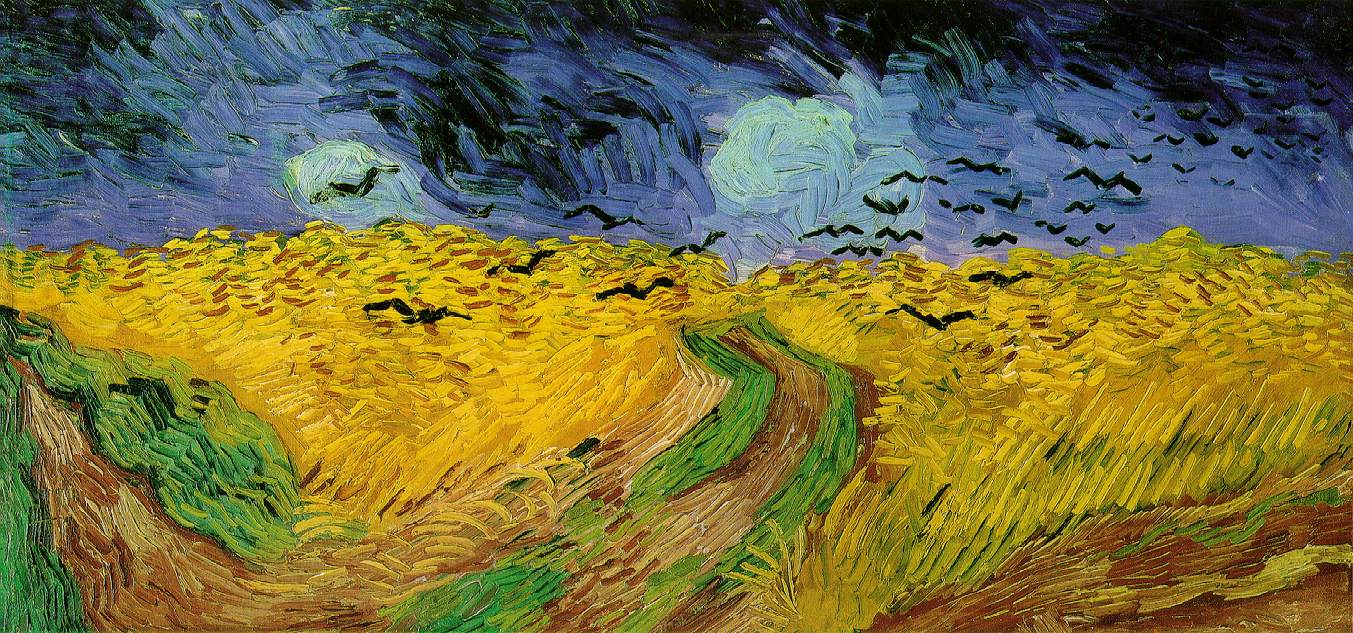In the previous lectures, I covered the two Portuguese expressions that can guide my pupils through at least three quarters of the daily life situations in Portugal.
In this lecture, I will introduce another expression, which will take you to an advanced level of social interactions.
3. "Já agora"
This may come a little surprising to people who know the language, but what do I care? It was also surprising to you when I said I would reduce the entire Portuguese culture into five expressions.
I can hear your objections already. Já agora translates to by the way, which is a very common expression in virtually all languages. So why highlight it as an authentically Portuguese phenomenon? I will teach you now.
First of all, in all cultures I am familiar with (which are quite a few, although a tiny minority in the world), the usage of by the way is allowed only after you finish a line of thought. If you are telling a story, you are expected to first finish your story and only then add a side note with a by the way; if you are having a conversation, you are expected to first respond to the question at hand and only then add a new subject.
What is original is that in Portugal you can start an email with já agora. People who have been in active mailing lists can testify for this phenomenon: There is an email thread about a collaborative text, then someone goes "Já agora, how did the meeting with the artists go?". And everyone replies! Which says that this is socially acceptable way of introducing an irrelevant subject.
Better still, you can interrupt a real life conversation among friends with já agora and just talk about whatever you wanted to talk about.
For the first few years, when this happened, I would start laughing out loud because I was reminded of the "And now for something completely different" in Monty Python's Flying Circus.
Then, I got used to it.
Upgrading your social skills
Now that we established its social license, let us analyze why Já agora is so important in Portugal?
Because it upgrades your social skills from passive to active, from defensive to offensive.
Imagine the following situation: You speak little Portuguese. You are with some friends and you want to tell a story. You understand absolutely nothing of what they are talking about, but using Pois and Depende. you are capable of dodging opinion-based as well as fact-based questions. (See previous lectures.) But besides accompanying the conversation, you really want to tell what happened at the dinner party the other night.
In any other country, you would have to wait for the conversation to end with an explicit silent moment (unless you understand the subject and find a way of smoothly shifting the focus). In Portugal, you only need já agora. Insert já agora at any point, and voila! You magically created a socially legitimate context to start telling your story.
To sum up: If you grasp the scope and functionality of já agora fully and correctly, you can be proactive - in addition to the more defensive strategies of depende. and pois.
If you want to "be a local", I highly recommend the "Pois. [pause 1 second] Já agora." combination, where you not only introduce your topic out of nowhere but also acknowledge everything that was said before.
At the test period of this project, I personally tested the power of já agora in various situations. To name a few, it worked in a family dinner, during a chat with friends, in an official meeting, at the public administration office, and in the health center. I was giving a talk on climate science and I literally jumped from topic to topic using já agora twice. Later I asked for feedback from the audience and people thought that my presentation was coherent.
I strongly recommend the class to practice it wisely. Já agora is not equal to by the way. It is much more subtle and has much more cultural functions. An overdose may harm your social relations.
To conclude, we now have three expressions that not only cover an overwhelming majority of all social interactions but also give you defensive as well as offensive tools of conversation. In the next lesson, we will enter into more delicate situations.
_-_Wheat_Field_with_Crows_(1890).jpg)


No comments:
Post a Comment